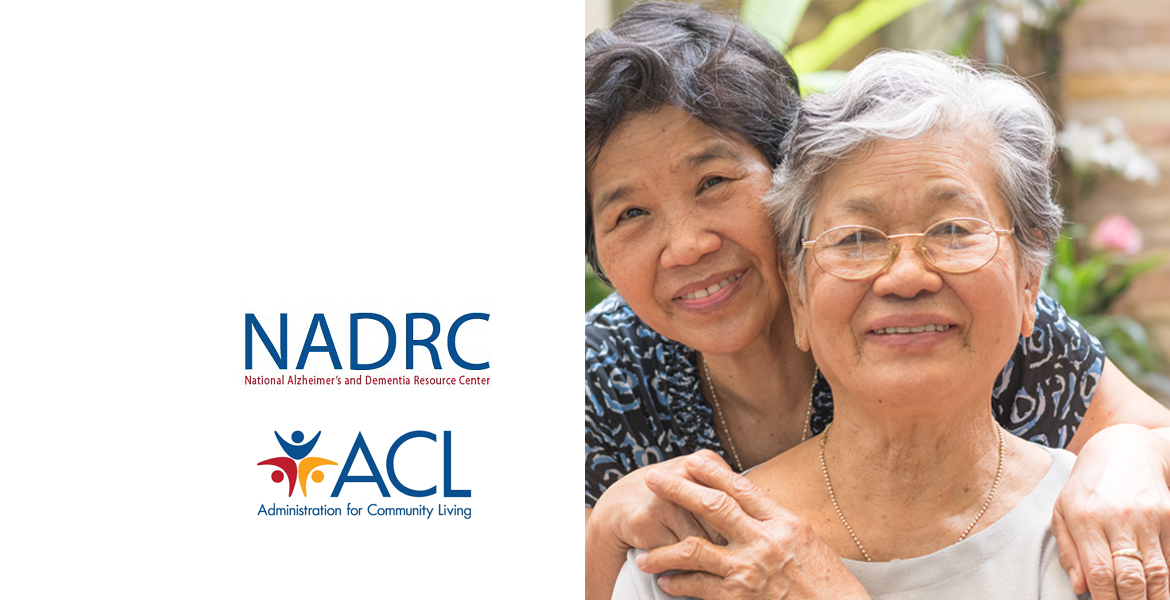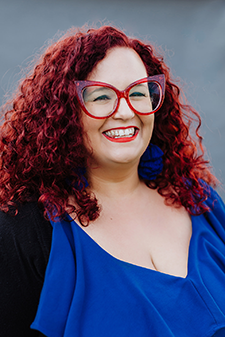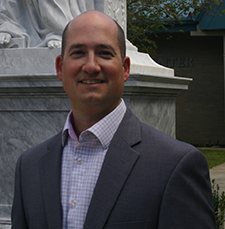
When
10:00 AM Pacific
11:00 AM Pacific
Register Now
Includes complimentary CEs
To request speech-to-text captioning during this event, please contact us.
Social isolation has a detrimental impact on the millions of persons living with dementia and their care partners in the United States. Conversely, we generally see greater satisfaction with support when emotional and social support are present for the caregiving dyad. In this webinar, the presenters will discuss the importance of emotional and social support, why it may “dry up” after diagnosis, why dyads may self-isolate, and propose some ideas for the families to foster support.
Participants in this webinar will be able to:
- Understand the importance of emotional and social support for care partners of people living with dementia;
- Become familiar with the difference facets of isolation that often occurs with dementia and cognitive impairment;
- Be able to critically think about preparing families and care partners of people living with dementia to reduce the frequency and impact of isolation; and
- Be able to identify actionable items to recommend to care partners of people living with dementia.
Presenters:
|
|
Matthew Estrade was inspired to work in the field of dementia after seeing his mother be the solo caregiver to his grandfather in the late 1990s. He is the Project Manager at the Ochsner Health site of the Louisiana Geriatric Workforce Enhancement Program, a HRSA grant held by Louisiana State University. Matthew graduated with a Masters in Gerontology from the University of Louisiana at Monroe and has been a caregiver support group facilitator for six years. He is a podcaster, blogger and author of “The Peace with Dementia Rosary: Education, Intentions, Community.” |
 |
Ana-Shea Edwards became her mother’s full-time solo care partner six years ago at the age of twenty-nine. Two years ago, she enrolled herself and her mother in a caregiver study, telling the Eco Care team that she wanted to do whatever was possible to make a better world for caregivers and people with dementia. Today, Mrs. Edwards presents as a Caregiver Speaker on dementia panels geared toward healthcare and social work professionals and appreciates the enormous agency she has in speaking for caregivers like herself. She also works within her local community to create or find resources, opportunities, networks and infrastructure for those with dementia and their care partners. |


